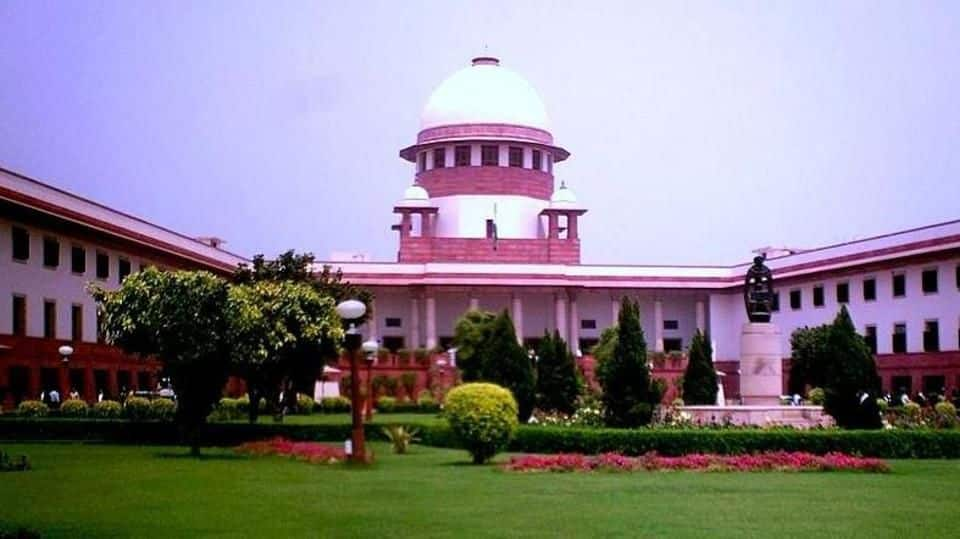
Landmark ruling: SC legalizes passive euthanasia and 'living will'
What's the story
In a landmark decision, the SC has ruled that passive euthanasia and 'living will' are legal and issued necessary directions in the matter. "Human beings have the right to die with dignity," the bench observed. The court's guidelines will be applicable till the Center brings in legislation. The verdict comes on a 2005 petition filed by Prashant Bhushan for the NGO Common Cause.
Kinds
Active, passive, voluntary, non-voluntary: The different kinds of euthanasia
Euthanasia, the intentional ending of life ("ichcha mrityu"), can be voluntary, non-voluntary, involuntary, passive and active. When the patient consents, it is deemed as voluntary euthanasia. When they can't, it's non-voluntary. Involuntary euthanasia is that which is carried out against the patient's will. Using fatal substances to induce death is known as active euthanasia; passive euthanasia involves the withdrawal of treatment essential for survival.
Definition
What is the 'living will'?
An Advance Directive, or a 'living will,' is a declaration by a healthy person about the kind of medical treatment they wish to receive if they are terminally-ill or otherwise unable to express consent. A person can choose not to be put on life support.
Cons
What are the arguments against a 'living will'?
The government had taken a stand against a 'living will', which many feel is open to grave misuse especially in cases of the elderly. The cultural, religious and legal system in India complicated the "philosophical question" more, Justice DY Chandrachud had said. CJI Dipak Misra asked how will the authenticity of such a document be proved, and "who'll certify that his condition is bad".
Pros
How can a 'living will' help?
Advocate Prashant Bhushan had argued the right to reject treatment is a part of the right to life under Article 21. A 'living will' will save relatives and doctors from taking the agonizing decision of removing life support. Responding to Misra, Bhushan had said if a medical board certified a person is sick enough, the authenticity of the will won't matter.
Status
Bill proposed to legalize passive euthanasia in certain cases
In 2011, in the Aruna Shanbaug case, the SC had ruled passive euthanasia will be allowed for terminally-ill patients if specific relatives seek permission, subject to approval by medical experts. The 'Management of Patients with Terminal Illness— Withdrawal of Medical Life Support Bill' was proposed. On a related note, the Center had told the SC it had in-principle decided to decriminalize attempt to suicide.